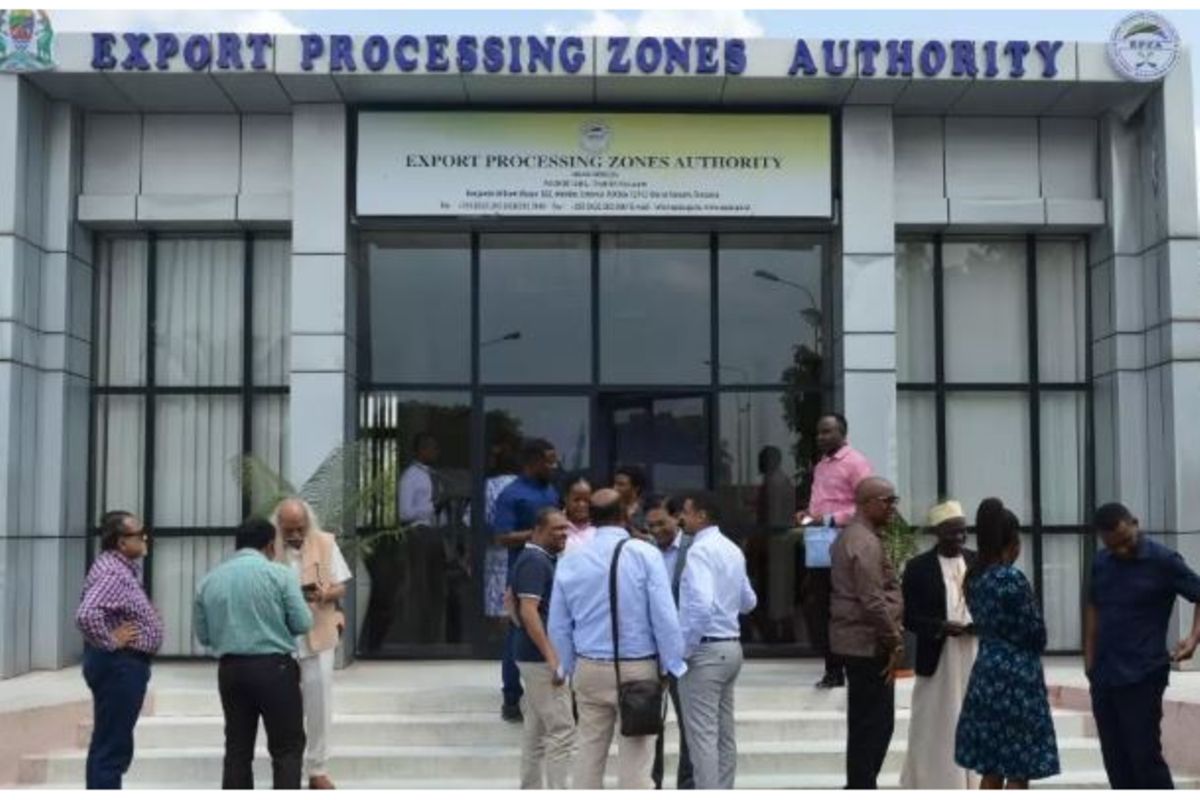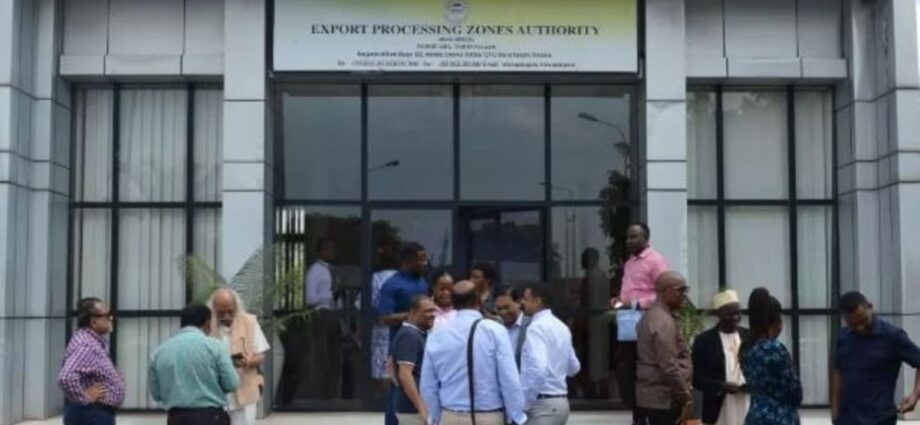
Dar es Salaam. The Export Processing Zones Authority (EPZA) has introduced a collective investment scheme as a strategic mechanism to finance the development of industrial sheds and warehouses, essential for supporting industrial activities.
EPZA Director General, Charles Itembe, announced the initiative on December 3, 2024, stating that the scheme aligns with recommendations from capital market stakeholders.
“The collective investment scheme targets the industrial Real Estate Trust Fund to finance the construction of industrial sheds and warehouses for leasing to investors,” Mr Itembe explained.
He said there was a strong demand for industrial infrastructure and that the initiative would facilitate infrastructure development in the Bagamoyo Special Economic Zone, where projects like roads and water supply are already underway.
“With essential infrastructure in progress in Bagamoyo, we are simultaneously working to attract investors to the area,” he said, adding that the scheme could help secure funds before the completion of the zone.
Mr Itembe noted that with the Benjamin William Mkapa Special Economic Zone in Dar es Salaam fully occupied, accelerating infrastructure development in Bagamoyo and other regions is critical.
The initiative presents a profitable investment opportunity for local and international investors, promising returns comparable to government and corporate bonds.
It aims to attract retail investors, institutional investors, pension funds and other corporate investors. EPZA plans to release an information memorandum, approved by the Capital Markets and Securities Authority (CMSA), to market the service.
The Benjamin William Mkapa Special Economic Zone has already demonstrated success, hosting investors in garment production, bank card manufacturing, and agricultural processing.
The zone generates $70 million in annual sales, supports 5,000 jobs, and has attracted $400 million in capital investments.
Moreover over 220 export-oriented factories across Tanzania have invested $5 billion in capital, generating $3.5 billion in export sales.
The Bagamoyo Special Economic Zone, spanning 980 hectares, will be developed into an industrial city through collaborative efforts between the government and the private sector.















